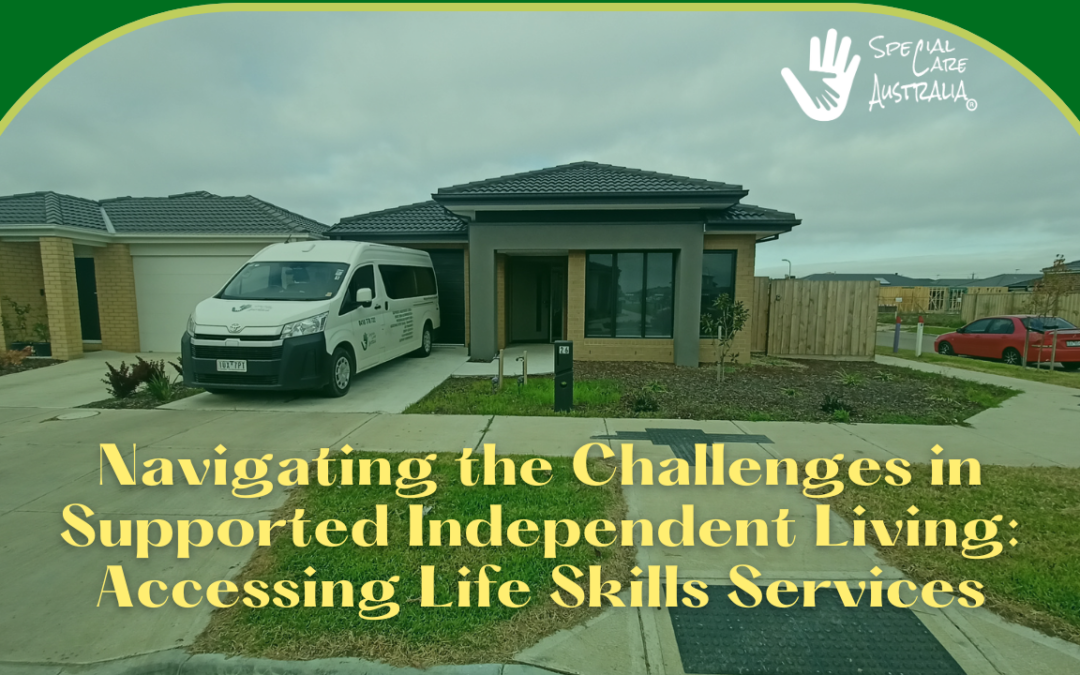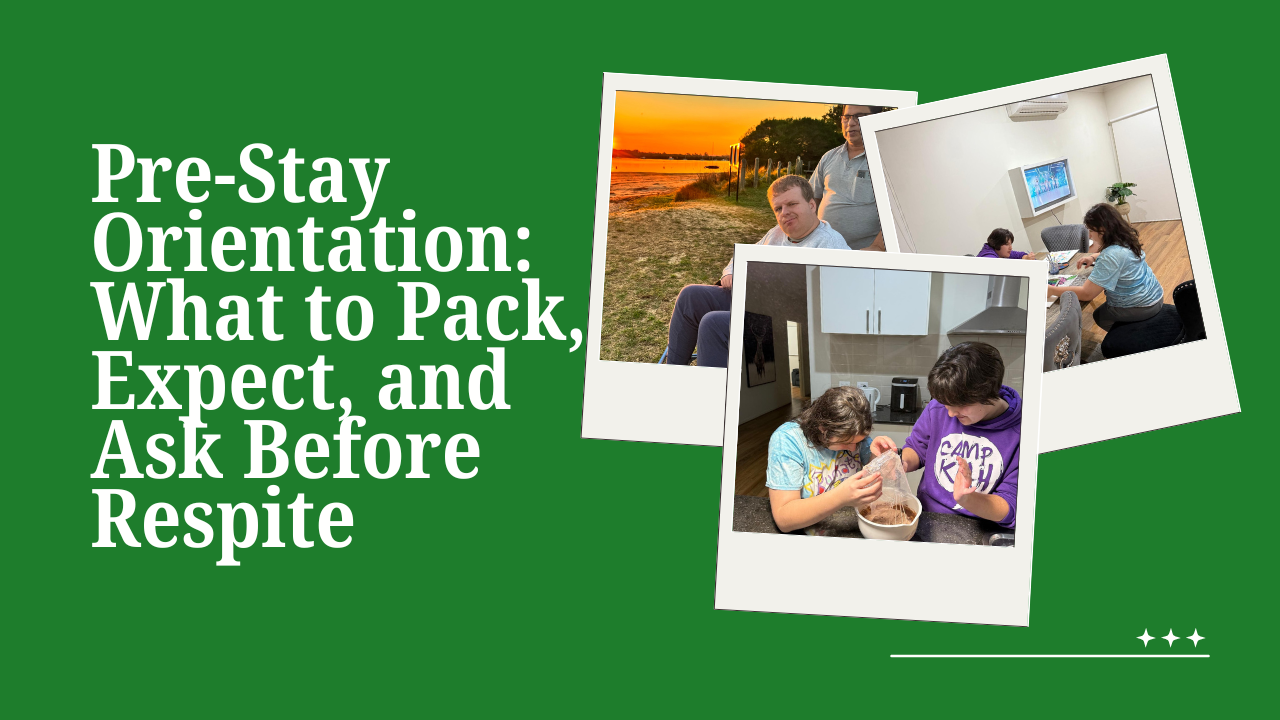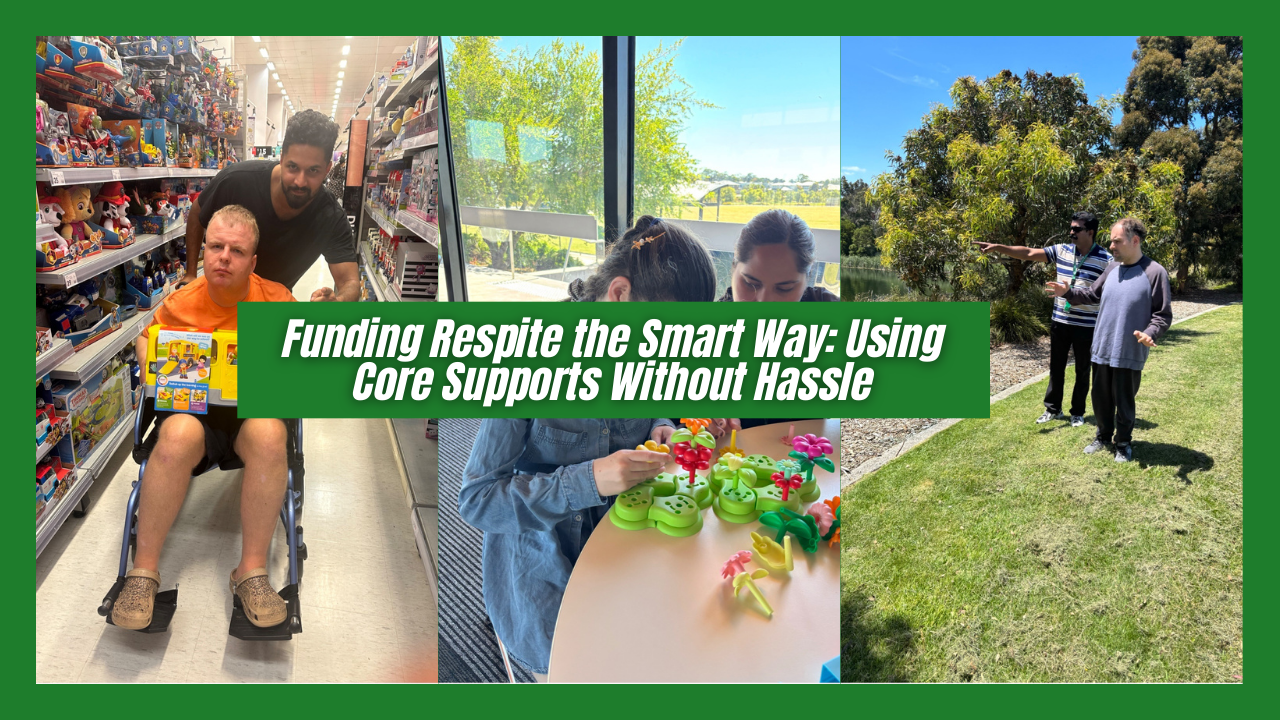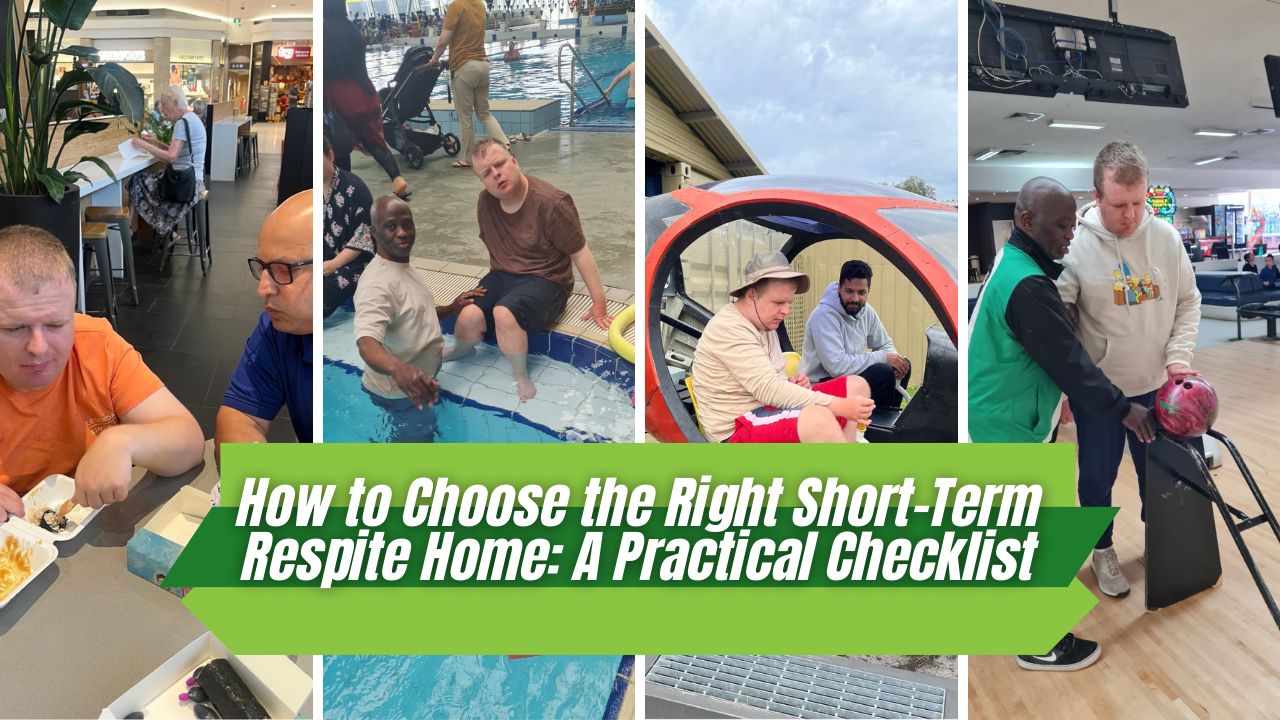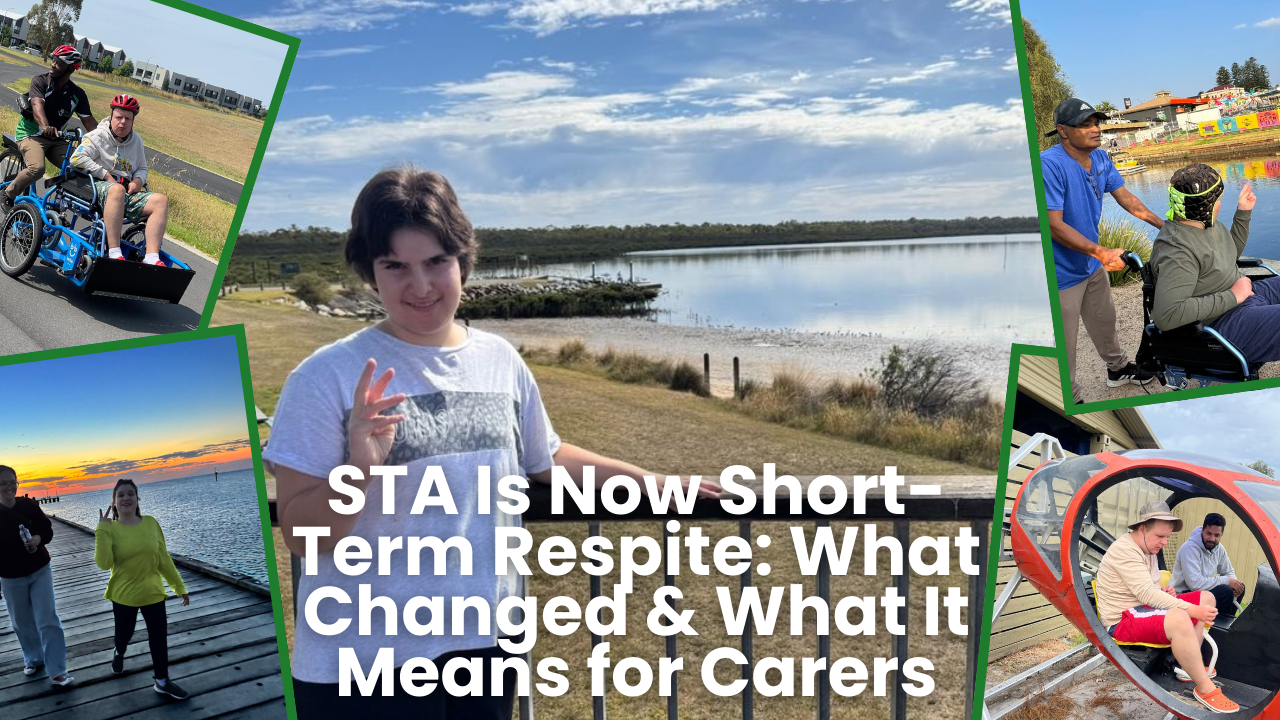Understanding Supported Independent Living & its Significance
Supported Independent living (SIL) is a funding provided by the National Disability Insurance Scheme (NDIS) for in-home support to eligible individuals with various types of abilities. The SIL funding aims at enabling such people to live their life as independently as possible.
Funding for SIL is usually provided to individuals who require round-the-clock support while residing in the community. Typically, SIL involves a shared living arrangement. However, it may also be provided to people living on their own.
All across Australia, people with disabilities are increasingly embracing supported independent living (SIL). SIL, in essence, is not only about providing disability care, but transforming lives too.
In fact, SIL has revolutionised the way how individuals with disabilities get support and gain independence. By focusing on the person’s specific needs, SIL empowers people to achieve independence in life while being completely engaged in society. Keep reading as we discuss ways to overcome the challenges in SIL and how to access life skill service
Developing Essential Life Skills for Independent Living
Here are ways to prepare an individual with disability for SIL:
-
Determining Individual Goals and Needs: Figure out the participant’s unique strengths, needs and aspirations. A comprehensive analysis will help discover personal goals, scope of improvement and areas where the participant may require support. This becomes the basis for creating a customised plan.
-
Developing Life Skills: Focus on developing vital life skills that foster independence, including self-care, communication, daily chores, money management, meal preparation and planning, personal safety and transportation. Participation in vocational training, educational programs and community activities may further help boost skills and confidence levels.
-
Creating a Support Network: For successful independent living, developing a solid support network is key. Connect with local support groups, disability care organisations and community resources. Build relationships with individuals with similar interests and goals, which promotes a sense of being connected and camaraderie.
-
Identifying Adaptive Equipment and Assistive Technology: Explore the possibility of using adaptive equipment and assistive technology that facilitate independence – such as, communication devices, mobility aids and smart home technology. Connect with specialists who can suggest appropriate solutions based on the participant’s needs to promote accessibility and autonomy.
-
Becoming Financially Literate: Learn about financial planning and its short-and long-term advantages. This may involve gaining knowledge about eligibility criteria, public programs and strategies to manage personal finances. If needed, seek professional help from experts dealing in disability-specific financial matters.
-
Determining Transportation Options: Search for transportation options that focus on facilitating community access and mobility. Explore accessible transportation, mobility training programs and specialised transportation services. Learn about public transportation routes in your region and try acquiring navigation skills.
-
Knowing about Housing Considerations: Identify housing requirements and search for suitable options. Find accessible housing options, coordinate necessary modifications or look for supported independent living arrangements. Reach out to disability services, local housing agencies, and advocacy organisations for guidance and support in navigating the housing landscape.
-
Developing Self-Determination and Personal Advocacy: Become a self-advocate. Try improving the capacity for decision-making, self-determination and expressing your choices and needs. Speak up for yourself, understand your rights and actively participate in planning and decision-making for your support.
-
Ongoing Training and Support: Understand that SIL is an ongoing process. With continued support and training, consider setting new goals and addressing evolving needs. Stay in touch with support providers and therapists to receive timely resources, guidance and assistance as and when needed.
-
Fostering a Positive Mindset: Having a positive mindset is the most crucial thing when it comes to navigating the challenges of SIL. Believe in your abilities and what you are capable of. Embrace every challenge that comes your way with confidence, while celebrating your accomplishments. Live in an environment which boosts resilience and self-confidence.
Accessing Supported Independent Living Services
Accessing the National Disability Insurance Scheme (NDIS) Supported Independent Living (SIL) involves the steps below.
-
Determining Eligibility: Start by determining the eligibility for the NDIS, based on the applicable criteria such as the presence of a significant, permanent disability residency status and age. To explore more about the eligibility, consider visiting the NDIS website or reaching out on the NDIS helpline number.
-
Requesting Access: If you find the participant eligible, an access request can be made to the NDIS, either over the phone, online or by filling out the hard copy of their access request form. Provide the required information related to functional limitations, disability and support that the participant needs.
-
Meeting for NDIS Planning: Upon access request acceptance, a planning meeting will be arranged with your NDIS planner to discuss your aspirations, support needs and goals at length. If found reasonable and absolutely necessary, SIL will be covered as part of your NDIS plan.
-
Creating the NDIS Plan: Your NDIS planner will then create a personalised NDIS plan based on your information. The plan will provide details of the specific supports and fund allocations.
-
Reviewing and Approving the NDIS Plan: Next, the NDIS plan will be reviewed. If approved, the applicant will become an NDIS participant. The plan will detail the funds allocated specific to SIL, together with other services and supports (if any) included in your plan.
-
Searching for an SIL Provider: Now, you can start looking for a supported independent living specialist in Australia. The NDIS Website’s Provider Finder tool will aid you in locating the NDIS-registered SIL providers in your region. When choosing a SIL provider, consider factors like the provider’s expertise, experience, location and potential to fulfil your unique support needs. Contact potential NDIS-registered SIL providers to discuss their NDIS support services in Australia, as well as their suitability and availability. Book a meeting or personally visit to understand their support services and see their facilities.
-
Establishing Service Agreement and Execution: Once you select an SIL provider, a service agreement will be established to define the terms and conditions as well as general expectations of the contract. The agreement will outline support services, costs, and funding for SIL.
It is worth noting that the process above may vary based on the specific situation of the participant. Therefore, it is strongly recommended to take help from a support coordinator to smoothly navigate the process.
Ready to Take the Next Step? Special Care Australia Is Here to Support You!
If you are all set to take the big leap, we encourage you to discover the exceptional support and resources available at Special Care Australia, an NDIS-registered supported independent living specialist in Australia.
The SIL program at Special care Australia offers a safe and nurturing environment to NDIS participants, so that they can acquire essential life skills and build valuable relationships and experience a higher level of autonomy while living in their community. Our trained and compassionate staff can satisfactorily personalise the services to meet the needs of every participant.
Our SIL program reflects our commitment to encouraging self-expression, fostering inclusion and facilitating independence. Through tailored SIL plans, our staff work with participants to define objectives that are perfectly aligned with their interests, preferences and goals.
Be it about offering assistance in seeking education, guidance to develop interpersonal and social skills, or help for daily living tasks, the team at Special Care Australia is dedicated to offering comprehensive support aimed at promoting personal growth and empowerment.


